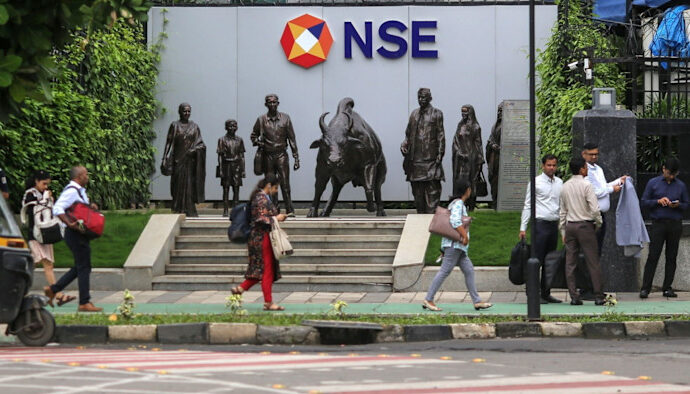Unlock the Editor’s Digest for free
Roula Khalaf, Editor of the FT, selects her favourite stories in this weekly newsletter.
UK Prime Minister Sir Keir Starmer and his Indian counterpart Narendra Modi will on Thursday sign a trade deal between the two countries that London believes will boost British exports to India by 60 per cent by 2040.
The agreement, first announced in May, means tariffs on more than 90 per cent of UK exports to India will be cut, with the largest reductions on cosmetics, clothes and food and drink — albeit phased in over a decade. Ministers said the deal was expected to eventually benefit the UK economy by £4.8bn a year.
Modi is also expected to visit King Charles and meet Indian and UK business leaders during his fourth visit to the country since becoming prime minister in 2014.
Starmer will separately highlight £6bn of “new investment and export wins” between the two countries, although most of this figure is made up of previously announced Airbus sales to Air India.
The signing of the trade agreement between India and the UK will mark a deepening of relations between the world’s fifth- and sixth-largest economies, respectively.
The tariff reductions include immediate cuts on UK exports of salmon, lamb and machinery, and gradual liberalisation of trade in chocolates, cosmetics and auto parts. The biggest winners for UK industry are whisky and gin producers, which will see tariffs halve to 75 per cent immediately and then fall to 40 per cent by the 10th year of the deal.
India has also agreed a historic cut in automobile import duties — from more than 100 per cent to just 10 per cent — although that has been capped by quotas that will be announced on Thursday.
India will benefit from the elimination of tariffs on about half of its exports to the UK, including textiles, footwear and agricultural produce such as mangoes and grapes. Most of those were already low at typically 4 per cent to 16 per cent.
The deal reflects a trade pact that goes well beyond tariffs, setting the tone for how future UK trade agreements with advanced economies might be structured.
The UK did not yield on critical issues like broader visa access or post-study work rights, but India did secure some movement for professionals — including 1,800 visas for yoga instructors and artists.
More controversially, the UK will allow Indian employers and employees on short-term transfers to avoid paying national insurance contributions in the UK.
Indian intra-company transfer workers and their employers will now enjoy this “double contributions convention” for three years, up from one.
That policy has been criticised by the Conservative party, despite similar double taxation accords being in place between the UK and 50 other countries.
The UK government said: “The DCC will not make it cheaper to hire Indian workers over British workers and nothing in the agreement will change our immigration regime.”
Rain Newton-Smith, chief executive of the CBI business group, said the deal was a “springboard for long-term partnership”, which would enable British companies to scale up on the global stage.
She added it sent “a powerful signal that the UK is open for business and remains resolute in its commitment to free and fair trade”.
It comes as New Delhi is also negotiating trade agreements with the US, EU, New Zealand and the Asean bloc.
Bilateral trade between India and the UK exceeded $55bn in the 2023-24 financial year, according to the Modi government.
New Delhi estimates there are nearly 1,000 Indian companies in the UK employing nearly 100,000 people, with cumulative revenue of more than $91bn. It also estimates there are more than 1.8mn people from the Indian diaspora in the UK.


